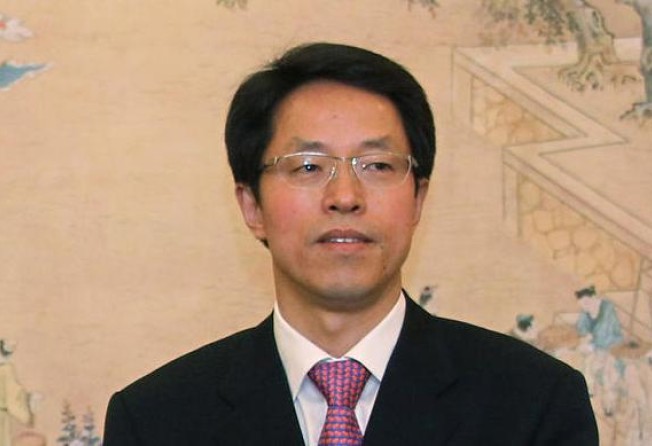Let the lobbying begin: Beijingtries to win over pan-dems
It may seem like Zhang Xiaoming is trying to divide and rule, but is he just being pragmatic?

Divide and rule is a classic tactic in which opponents or subordinates are controlled by encouraging dissent and breeding disunity. From another angle, however, it could be seen as an indication of the ruling power's determination to get things done.
Indeed, this is how many view Beijing's handling of the pan-democrats when it comes to arrangements for the 2017 chief executive election.
But it's still not clear whether this will translate into a greater chance of a deal between the two sides, to give Hongkongers a system of one man, one vote to choose their future leader.
As the government's five-month public consultation on universal suffrage drew to a close just over a week ago, Beijing's top representative in Hong Kong, central government liaison director Zhang Xiaoming, began inviting pan-democratic lawmakers for one-on-one discussions with him.
The pan-democrats immediately saw this as a divide-and-conquer tactic. Many insisted on a group meeting rather than individual sessions. Various conditions were set, including that the whole discussion be open to the media, and that it be held anywhere but the liaison office.
The irony is that the previous behaviour of the pan-democrats led to this perceived strategy of divide and rule.
Cast your minds back to the Shanghai trip in mid-April. It was supposed to be an ice-breaker between senior Beijing officials and lawmakers. But the split in the pan-democratic camp was in clear view when "Long Hair" Leung Kwok-hung turned up in a Tiananmen Mothers T-shirt, carrying banned publications, and was denied entry.
Reactions from his colleagues varied: some boycotted the meeting, some stayed. Those who stayed were divided on the itinerary of the trip. All pan-democrats wanted the focus to be on political talks, labelling any other activities in Shanghai as "sightseeing". But some participated in the non-political activities, saying they were necessary to help understand the social structure and development on the mainland.
These divisions seemed to widen after last week's "civil referendum" by Occupy Central supporters, who chose the three most radical proposals for universal suffrage. The more moderate voices in the camp saw this as a sign of trouble ahead. They feared it could lead to confrontation, instead of sensible talks, with Beijing.
Zhang's attempt to set up individual talks speaks volumes. Beijing - and indeed the public - sees the pan-democrats as recalcitrants on this issue.
But it begs the question: why are the talks with Zhang necessary? Is it simply to fulfil his promise to meet those who did not make it to Shanghai?
Since everyone is invited, including those he met in Shanghai, this is clearly a political move. But it could be more significant than it appears.
There are five steps involved in introducing universal suffrage for the 2017 poll. The public consultation was just preparation for the first step: so that the chief executive can file a report to the National People's Congress Standing Committee based on the people's views.
The committee will then decide whether the city's electoral arrangements need amendment. If yes, the government will table a resolution on the amended electoral methods to the Legislative Council, which will need to be passed by a two-thirds majority of lawmakers.
The chief executive must then approve the new electoral set-up. The bill would then go to Beijing for approval.
The potential for trouble lies in the third step - when the bill goes before Legco. In the 70-member chamber, a two-thirds majority means 47 votes. Presumably the 42 pro-establishment lawmakers will all vote yes, so another five pan-democrat votes will be needed to pass the bill. The pan-democrats could potentially stall the whole process.
So Zhang's latest move could be seen as the initial stages of soliciting votes for Beijing. After all, the bill's passage could hinge on five votes from the moderates, so it's never too early for Beijing to start campaigning.